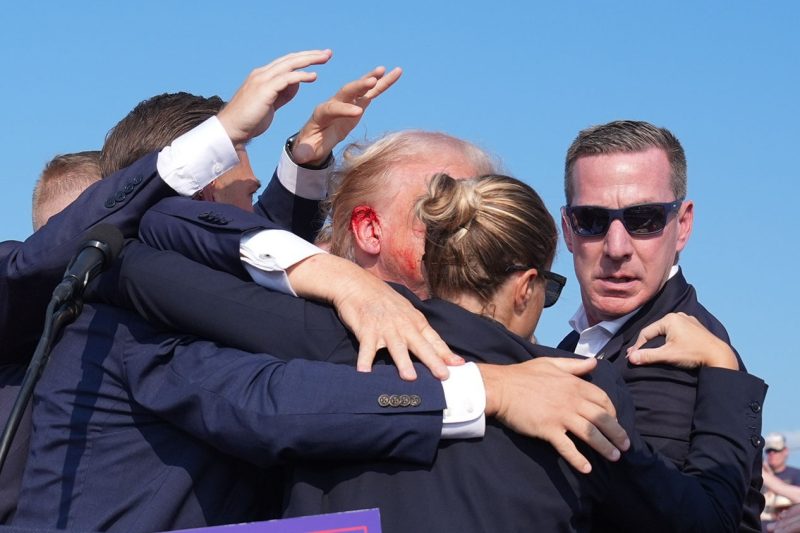
FBI Discovers Trump Assassination Attempt Lacked Motive or Foreign Connections
The recent FBI investigation into the attempted assassination of former President Donald Trump has revealed some intriguing details. The agency has confirmed that there is no known motive or evidence of any foreign links involved in the assassination attempt. This development has sparked speculation and theories as to what could have driven someone to target the former president without any apparent reason or external influence.
One of the key elements of the FBI’s findings is the lack of a clear motive behind the attempted assassination. Without a discernible reason for the attack, law enforcement officials are left wondering about the individual’s intentions and what could have possibly led to such a heinous act. The absence of a motive challenges the traditional investigative process, as motives often serve as a guiding principle in unraveling the circumstances behind a crime.
Furthermore, the absence of foreign links in the assassination attempt adds another layer of complexity to the case. In a world where international relations and security threats are constantly at the forefront of government concerns, the notion that the assassination attempt was carried out without any external influence raises questions about the individual’s background, allegiance, and mental state. The lack of foreign involvement also shifts the focus of the investigation towards domestic factors that may have played a role in the incident.
The FBI’s identification of no motive or foreign links in the assassination attempt underscores the unpredictability and complexity of such acts of violence. It challenges assumptions about the reasons behind targeted attacks and raises concerns about the potential for individuals to carry out violent acts without any clear rationale. The investigation into the attempted assassination of President Trump serves as a reminder of the intricacies involved in understanding and preventing acts of political violence.
As the investigation continues and more details are uncovered, it is essential for law enforcement agencies and policymakers to analyze the implications of this case. The lack of a motive and foreign links in the assassination attempt should prompt a reevaluation of security protocols, threat assessments, and intelligence gathering methods to better anticipate and prevent similar incidents in the future. The FBI’s findings highlight the need for a comprehensive approach to addressing threats to national security and public figures, emphasizing the importance of understanding the complexities of violent acts and the individuals behind them.
In conclusion, the FBI’s identification of no motive or foreign links in the attempted assassination of former President Trump raises significant questions and challenges for law enforcement agencies and policymakers. The absence of a clear reason for the attack and the lack of external involvement underscore the complexity and unpredictability of such acts of violence. Moving forward, it is crucial for authorities to learn from this case and adapt their strategies to address the evolving landscape of security threats and political violence.
